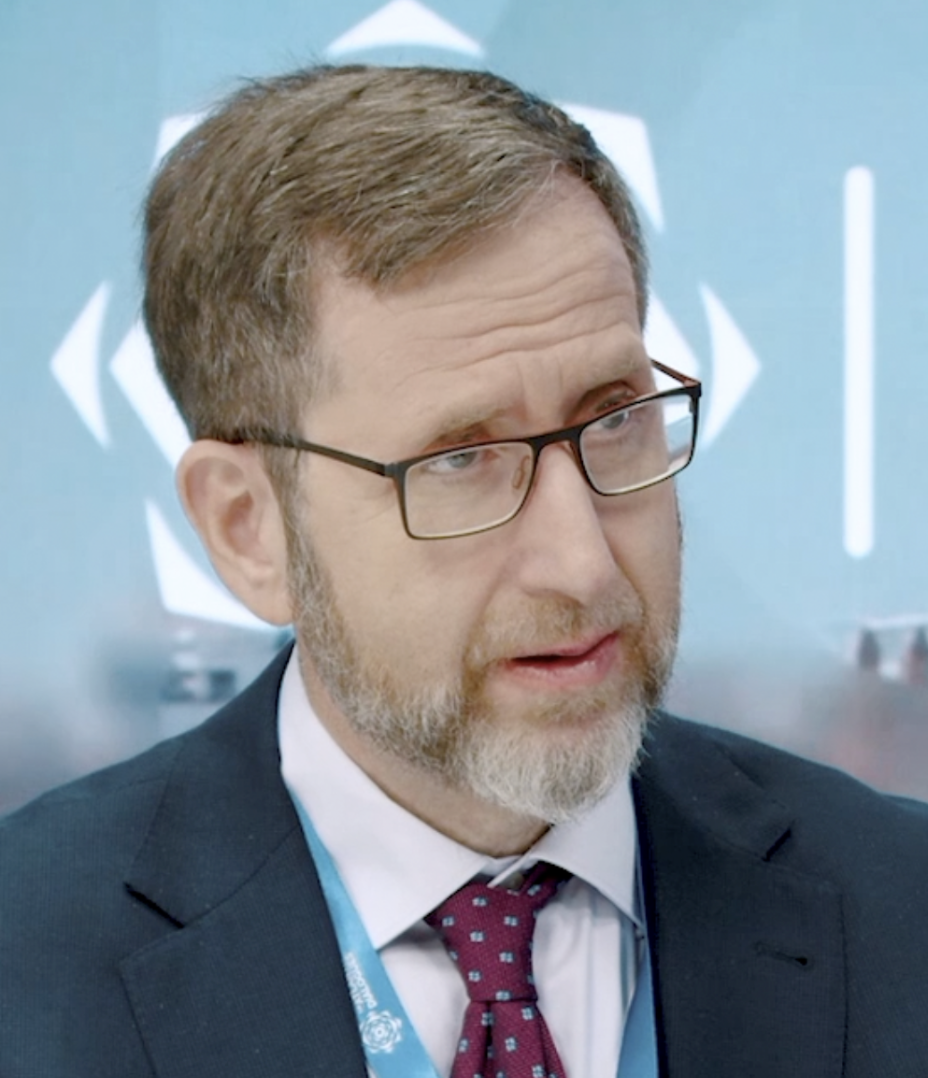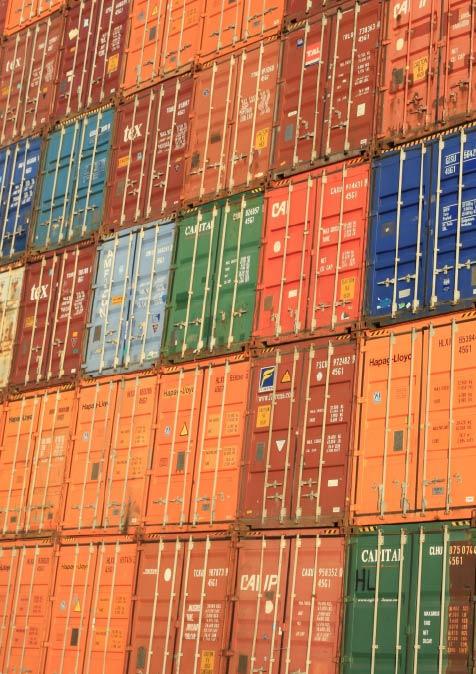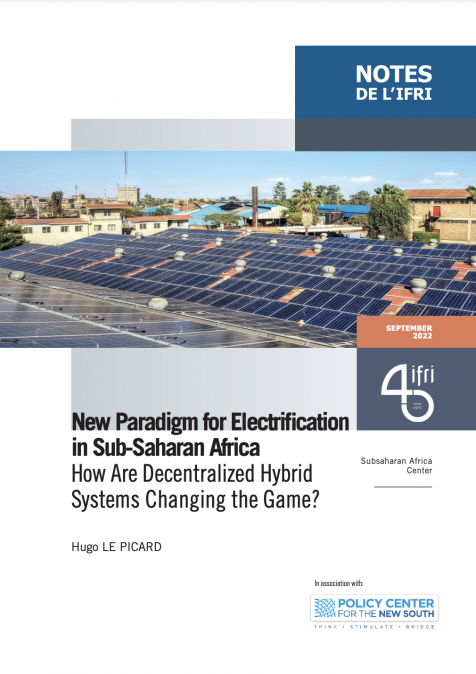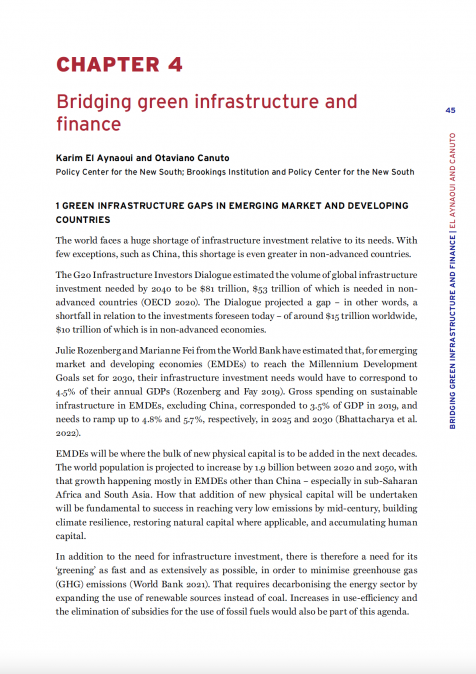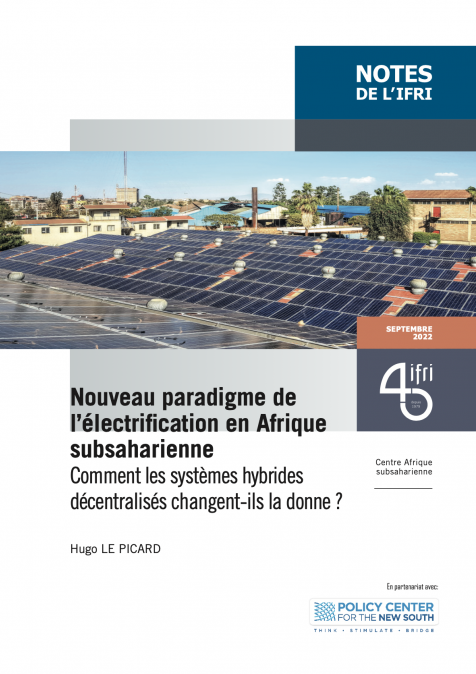As countries transition to renewable energy, Latin America and North Africa are emerging as key players in the global supply chain, reshaping alliances and energy routes. In this episode, we explore opportunities for regional cooperation, such as cross-border energy projects, and discuss the social benefits of ensuring equitable access to renewable energy for populations across the Atlantic, while addressing the impacts on employment and economic resilience in energy sectors.
Speakers
